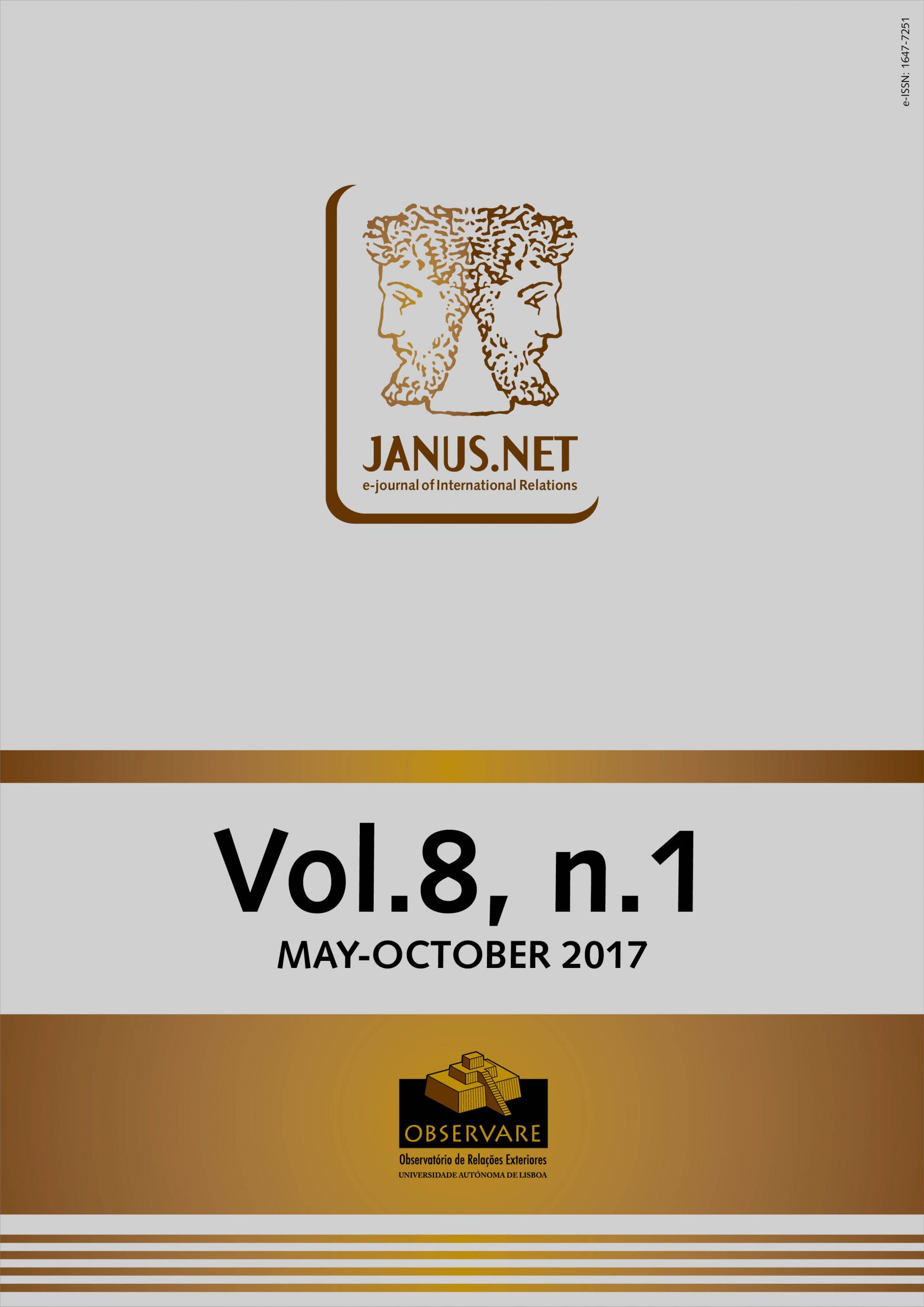Peacebuilding has become a guiding principle of international intervention in the periphery since its inclusion in the Agenda for Peace of the United Nations in 1992. The aim of creating the conditions for a self-sustaining peace in order to prevent a return to armed conflict is, however, far from easy or consensual. The conception of liberal peace proved particularly limited, and inevitably controversial, and the reality of war-torn societies far more complex than anticipated by international actors that today assume activities in the promotion of peace in post-conflict contexts. With a trajectory full of contested successes and some glaring failures, the current model has been the target of harsh criticism and widespread scepticism. This article critically examines the theoretical background and practicalities of peacebuilding, exploring its ambition as well as the weaknesses of the paradigm adopted by the international community since the 1990s.
PEACEBUILDING: ASSUMPTIONS, PRACTICES AND CRITIQUES
»
Assistant Professor of International Relations, Faculty of Economics, University of Coimbra
(Portugal) and Researcher at the Centre for Social Studies. Co-coordinator of the CES-FEUC PhD programme "Democracy in the XXI Century". PhD in Politics and International Studies at the University of Cambridge.
Resumo
A consolidação da paz tornou-se num princípio norteador do intervencionismo internacional na periferia desde a sua inclusão na Agenda para a Paz da Organização das Nações Unidas, em 1992. O objetivo de criação de condições para uma paz auto-sustentável de forma a prevenir um retorno ao conflito armado está, no entanto, longe de ser fácil ou consensual. Não só a sua conceção enquanto paz liberal se revelou particularmente limitada e inevitavelmente controversa, como a realidade das sociedades devastadas pela guerra provou ser bastante mais complexa do que a antecipada pelos atores internacionais que assumem hoje atividades no âmbito da promoção da paz em contextos de pós-conflito. Com uma trajetória repleta de sucessos contestados e alguns fracassos flagrantes, o modelo vigente tem sido alvo de duras críticas e de um ceticismo generalizado. Este artigo analisa criticamente a trajetória teórica e prática da consolidação da paz, explorando a ambição e também as debilidades do paradigma adotado pela comunidade internacional a partir da década de 1990.
Palavras-chave
Como citar este artigo
Cravo, Teresa Almeida (2017). “Peacebuilding: assumptions, practices and critiques”. JANUS.NET e-journal of International Relations, Vol. 8, Nº. 1, May-October 2017. Consulted [online] on the date of last consultation, http://hdl.handle.net/11144/3032
Article received on 12 January, 2017 and accepted for publication on 6 February, 2017















